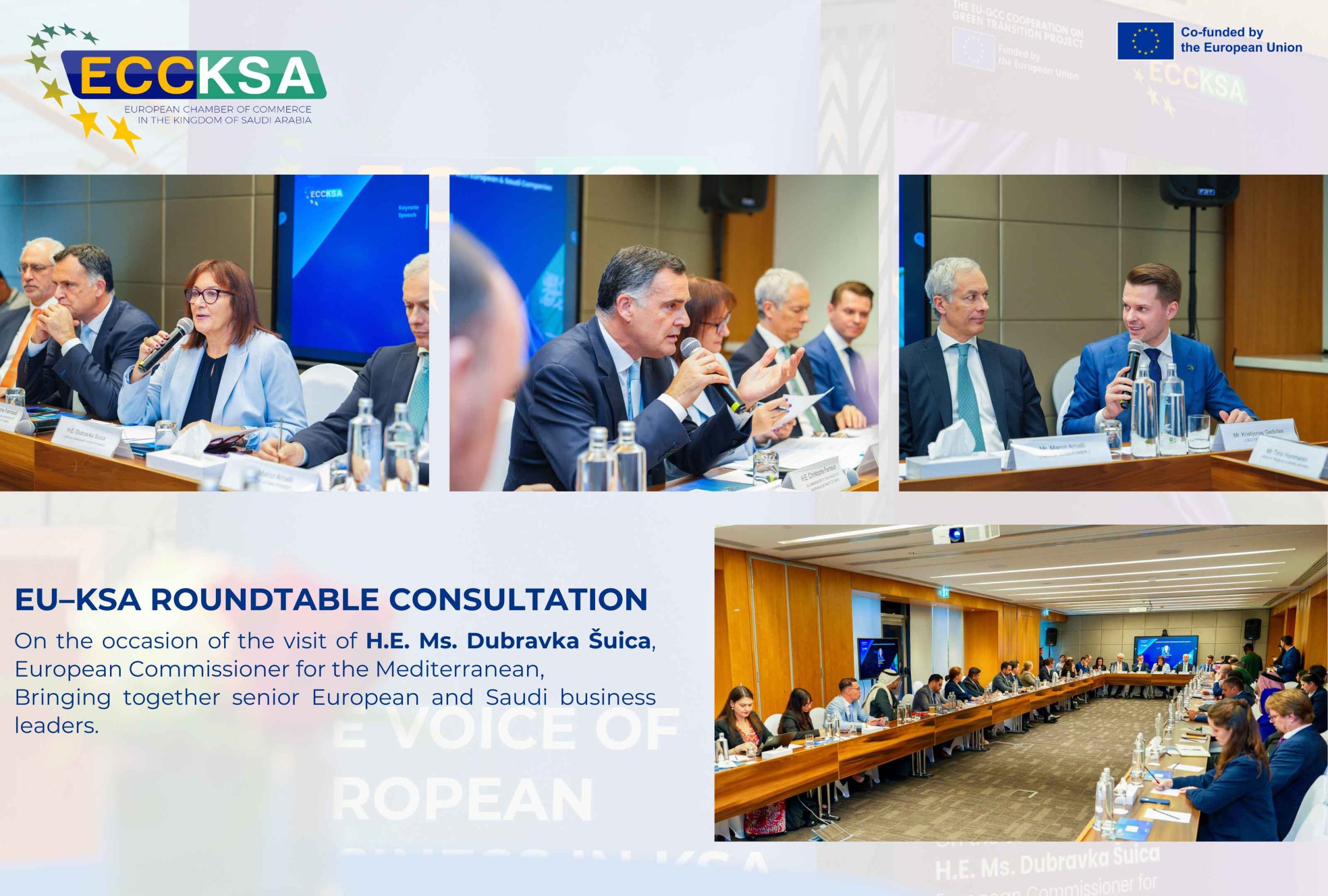
Home » Women’s Empowerment in Saudi Arabia: A Catalyst for Economic and Cultural Transformation
Saudi Arabia’s journey toward women’s empowerment represents one of the most visible societal transformations in recent decades. Anchored in the objectives of Vision 2030, the Kingdom has positioned gender inclusion not as a symbolic goal but as a central pillar of national development. While women have historically contributed to the country’s social and economic fabric, recent legislative, educational, and institutional reforms have accelerated their participation in public life at an unprecedented scale. This evolution has redefined professional and cultural norms, offering an instructive case study on how structural reform and economic necessity can converge to drive social progress.
Over the past decade, Saudi Arabia has enacted a series of legal and institutional reforms designed to foster equality and inclusivity. Key legislative milestones include the enshrinement of equal pay for equal work, legal independence for women to travel, study, and start businesses, and improved family and custody rights. Complementary initiatives such as Wusool (transportation subsidies) and Qurrah (childcare support) have addressed practical barriers that once limited female participation in the workforce.
Education has played a foundational role in this transformation. Women now represent over 51% of university students in the Kingdom and constitute the majority of graduates at the bachelor’s level. This is not only an academic achievement but also a driver of broader societal change. Institutions such as Princess Nourah Bint Abdulrahman University, the world’s largest women-only university, offer advanced academic and leadership programmes designed to prepare women for competitive professional roles.
Further, domestic and international scholarship programmes ensure equitable access to higher education, while the Tamheer Programme provides recent female graduates with targeted training and certifications to enhance their employability. Collectively, these efforts have laid the groundwork for a generation of women equipped with the skills, confidence, and agency to participate meaningfully in the Kingdom’s economic diversification agenda.
The results of these reforms are measurable. Women’s participation in the national workforce has risen from 17% in 2017 to over 36% in early 2025, surpassing Vision 2030 targets well ahead of schedule. Female unemployment has fallen to historic lows, signalling a structural, not merely statistical, shift in economic dynamics.
Women are now active in sectors once considered exclusively male, including engineering, technology, and defence. Entrepreneurship has emerged as a particularly powerful expression of this change: women now lead nearly half of Saudi Arabia’s small and medium-sized enterprises, with growing representation in innovation-driven industries such as artificial intelligence, fintech, and others. Confidence among women entrepreneurs remains high, with most anticipating continued business growth, evidence that empowerment has evolved beyond policy enforcement to become a driver of aspiration and innovation.
This economic inclusion is mirrored at the leadership level. Saudi women now occupy senior roles in both public institutions and the private sector, including diplomatic, financial, and governmental positions. Figures such as H.R.H. Princess Reema bint Bandar Al Saud, Ambassador to the United States; H.E. Haifa Al-Jedea, Ambassador to the European Union, Dr. Eiman Al-Mutairi, Vice Minister of Commerce; Sarah Al-Suhaimi, former Chair of the Saudi Stock Exchange (Tadawul); and Lubna Olayan, Chair of the Saudi British Bank, illustrate the growing prominence of Saudi women in decision-making arenas.
The Saudi experience demonstrates how policy design, when aligned with a long-term national vision, can produce sustainable social and economic outcomes. Vision 2030 has reframed women’s empowerment as an engine of national competitiveness, embedding gender inclusion within the Kingdom’s economic and institutional structures.
For international observers, including European stakeholders, this transformation provides valuable insights into the dynamics of reform in rapidly evolving economies. The European Chamber of Commerce in the Kingdom of Saudi Arabia (ECCKSA) bears witness to this evolution through engagement with outstanding Saudi women, whether leading European multinationals, founding innovative start-ups, or participating in joint initiatives with European partners. Women in Leadership is one of ECCKSA’s key pillars. The Women in Leadership – Connecting for a Sustainable Future event, held on 22 October 2024 and powered by DHL, brought together leaders from business, government, and academia to celebrate women’s roles in Saudi Arabia’s transformation. Opening remarks were delivered by H.E. Christophe Farnaud, EU Ambassador, and Mr. Lorcan Tyrrell, ECCKSA Chairman. Distinguished speakers included H.E. Petra Menander, Ambassador of Sweden, Dr. Margarete Schramboeck, Board Member of Aramco Digital, Ms. Deemah AlYahya, Secretary-General of the Digital Cooperation Organization, and Ms. Sara Al Sayed from the Ministry of Investment (report available here).
Building on this success, the European Chamber of Commerce in the Kingdom of Saudi Arabia (ECCKSA), together with H.E. Ms. Anu-Eerika Viljanen, Ambassador of Finland, will host a Women in Leadership reception, sponsored by Nokia, on Monday, 24 November 2025, at the Embassy of Finland in Riyadh’s Diplomatic Quarter. The event will celebrate and promote the growing impact of women leaders in Saudi Arabia, fostering dialogue, inspiration, and collaboration across sectors.
Membership
Committees
Events
News & Media
Publications
Other
About Us
Membership
Committees
Events
News & Media
Publications
Other